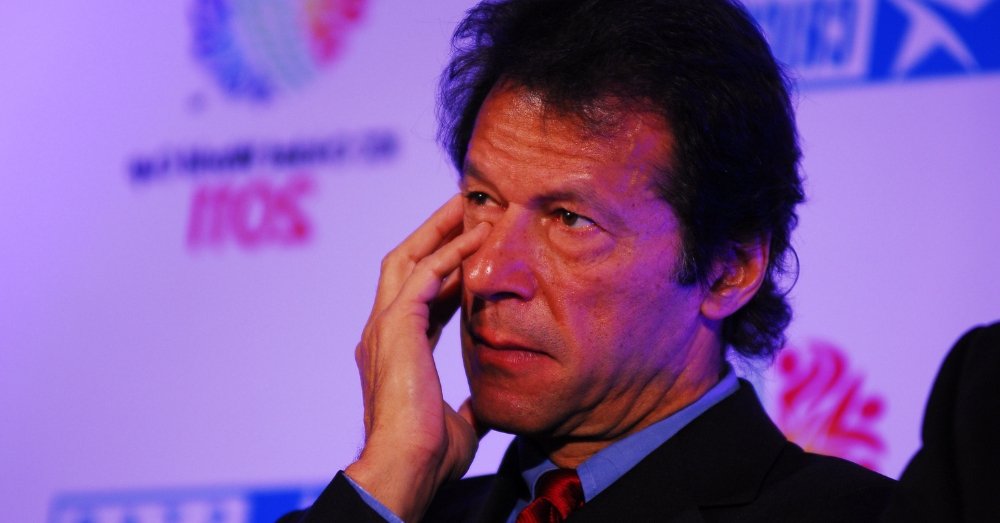There have been signs of internal dissent over Pakistan approaching IMF for a bailout package from the very start. In fact, the bailout process was delayed by 6 months due to the opposition within the government over the IMF bailout package. But ultimately Imran Khan had to go to IMF to woo the global investor and increase trust in Pakistan’s economy. As the debt-ridden country has received6 billion dollars loan, the ‘internal dissent’ has become much more open. Shireen Mazari, Federal Minister of Human Rights has said that the ‘IMF deal’ exposes the finance minister’s connections with United States, IMF, and World Bank.
https://twitter.com/ShahidQuetta/status/1129329757890461696?s=19
Abdul Hafeez Sheikh, who serves as Advisor to Prime Minister Imran Khan on Finance, Revenue and Economic Affair replaced previous finance minister Asad Umar on 18th April 2019. Since he took over the role, the bailout package with IMF was fast-tracked and finalized in less than two months. Sheikh has completed Masters and Doctorate from Boston University in the United States. Later he joined Harvard University as faculty and advised various countries on economic policies and programs.
He has worked for World Bank as the head for Saudi Arabia and as a senior official, advised various countries including Sri Lanka, Indonesia, Malaysia, Philippines, Thailand, Vietnam, Romania, Czech Republic, Iran, Kuwait, Argentina, Bangladesh, Jordan, Qatar, Malta, Botswana, Tanzania, Ghana and Libya. His previous experience in United States and with World Bank is ‘problematic’ for the anti-America section of Pakistan Tehreek-e-Insaf (PTI). The foreign policy of Imran Khan vis-a-vis the United States has been devoid clear agenda. The party is internally divided on whether the country should collaborate with the US or snap all ties.
Some negative effects of IMF bailout are already visible on the Pakistani economy. After the announcement of IMF bailout, Pakistani rupee has hit an all-time low and breached 150 rupees per dollar mark. The global lender expects Pakistan to let the market decide the value of the currency. “Our understanding is that the key policy rate increase is also a pre-IMF measure or prior action. IMF has always been asking for flexible exchange rates where market forces determine rates on the basis of supply and demand,” said Muhammad Sohail, CEO of Pakistani brokerage Topline Securities.
Previously the steep conditions put by the global lender did not go well with the investors too. The benchmark index of Karachi Stock Exchange, KSE-100 fell by 2.35 percent to close at the lowest value in the last five months.
The Fund has demanded reform in tax structure, increase in the tax base, lowering the taxation limit, ending tax concessions on businesses, and market-oriented exchange rate. The global lender has agreed to provide 6 billion dollars over a period of 39 months, “subject to the timely implementation of prior actions and confirmation of international partners’ financial commitments,” said IMF’s mission chief Ernesto Ramirez Rigo. So far Pakistan has taken 12 bailout packages from IMF and only 1 was completed. The country still owes money to the IMF from previous bailout packages. As all the previous attempts by the institution failed, it is very unlikely that the ongoing one will succeed.
